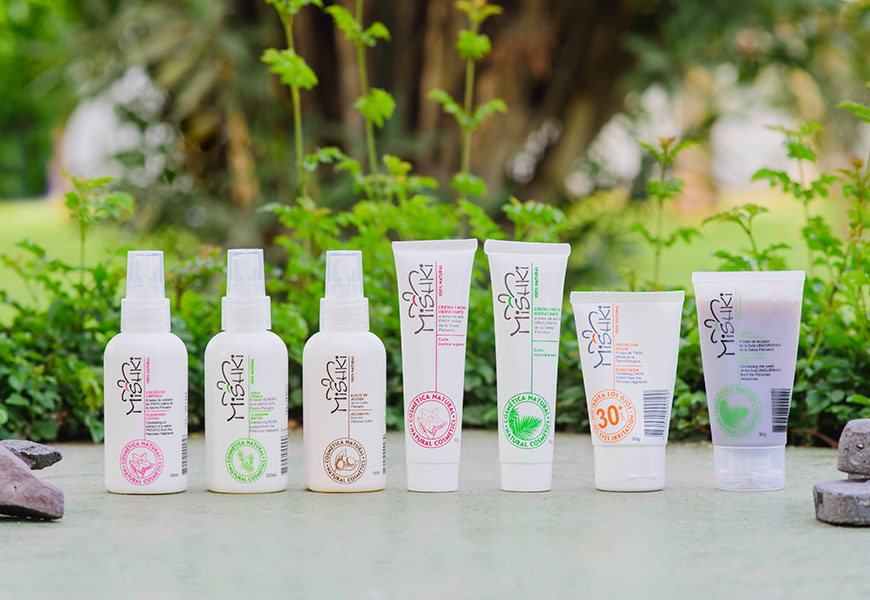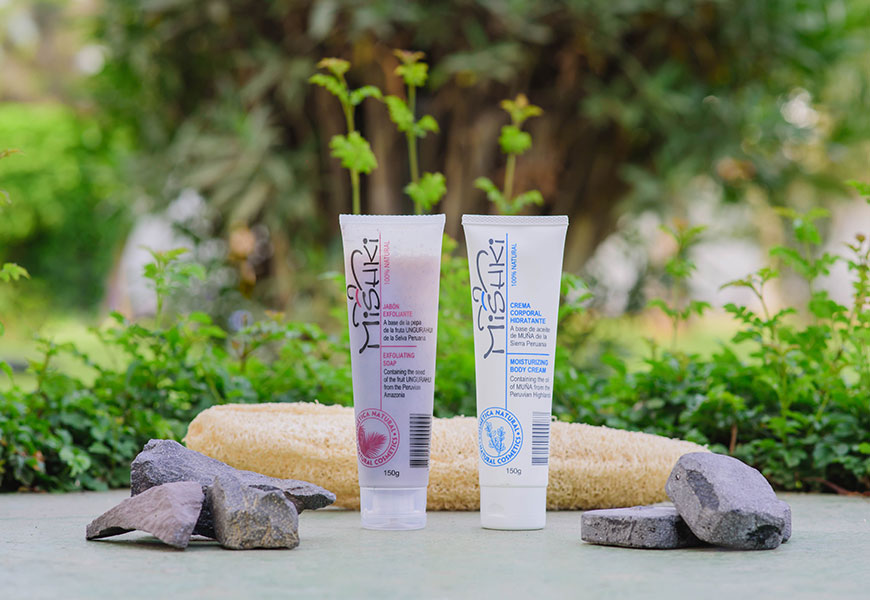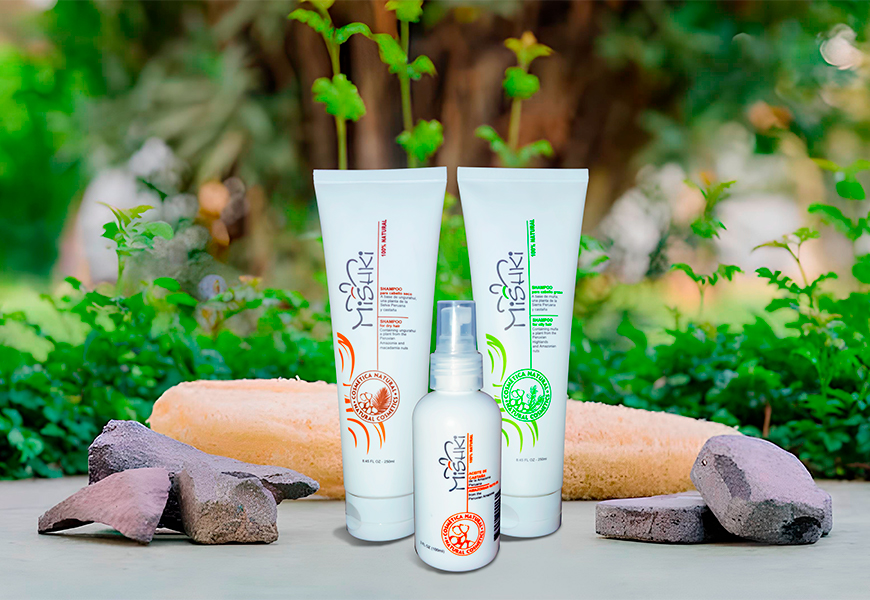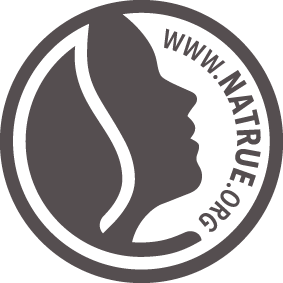Ingredients of our products
Completely natural extracted from the peruvian lands

Purple potato
Native of the Peruvian Sierra. Its antioxidants promote the good condition of the skin and help prevent the appearance of wrinkles.

Ungurahui
Fruit of the Peruvian Jungle that is rich in lipids, proteins and vitamins. Thanks to its omega 9 acids, it offers a great nourishing contribution to the skin, accelerating the repair of tissues.

Tara
Caesalpinia spinosa (Molina) Kuntze, known as a legume of arboreal or shrubby nature from Peru.
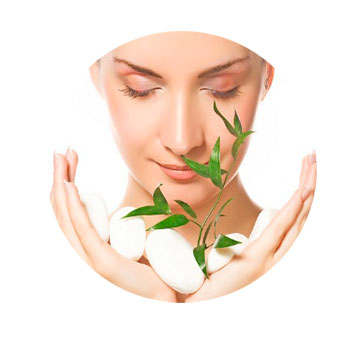

Muña
Peruvian Andes plant that contains antioxidant and antibacterial agents. Its traditional use has proven positive effects on health.

Jojoba oil
From the Peruvian Coast. It contains vitamin E that acts as an antioxidant and protects the skin from free radicals.
Amazonian nut
The Amazonian nut is a fruit which is an incomplete pixidium-type capsule, popularly called "coconut".
Mishki
History
Peru is a country that is rich in natural resources. Its biodiversity offers a wide range of possibilities due to its large number of plants with very special properties related to health, nutrition and even beauty.
The objective of Yana Cosmetics is not only to develop cosmetic products based on plants native to Peru, but also to improve the quality of the lives of the families that cultivate them, and as a means of safeguarding and preserving the biodiversity and the environment.
Yana Cosmetics originated in December of 2004 in Huancayo (Peru), during a workshop on the Solanum tuberosum species. Inspired by the biodiversity and the potential for development of the species, the idea of formulating and developing facial creams based on organic products native to Peru emerged.
The consolidation of this idea came about with an alliance of communities and farmers in the center of the country, with whom the means of supplying raw materials has been established. The Pharmacy and Biochemistry Department of San Marcos University (Universidad Nacional Mayor de San Marcos) and La Molina Agrarian University (Universidad Agraria La Molina) have collaborated on scientific research.
Yana Cosmetics has a brand name, which is Mishki, a name inspired by a word in Quechua that means “sweet”. It is a word that has a pleasant, even poetic, sound, not only to Quechua speakers but to people in general.


